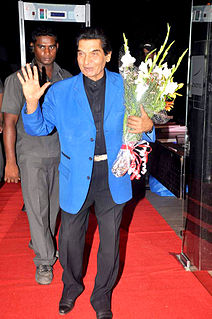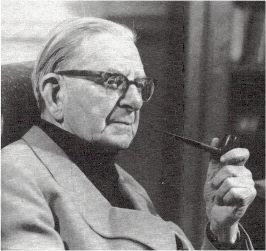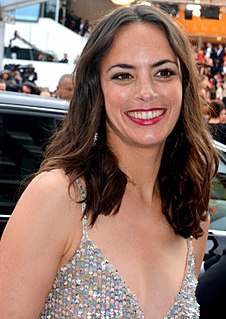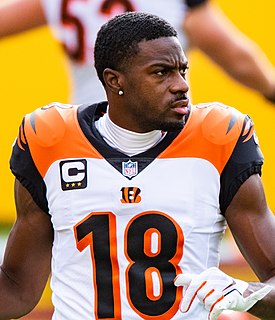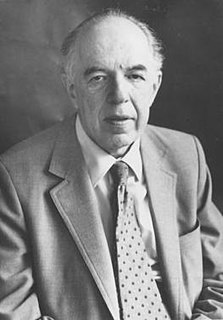A Quote by Pablo Picasso
For those who know how to read, I have painted my autobiography
Related Quotes
Young screenwriters are always very frustrated when they talk to me. They say, 'How do we get to be a screenwriter?' I say, 'You know what you do? I'll tell you the secret, it's easy: Read 'Hamlet.' You know? Then read it again, and read it again, and read it until you understand it. Read 'King Lear,' and then read 'Othello.'
Every time I think I’m getting smarter I realize that I’ve just done something stupid. Dad says there are three kinds of people in the world: those who don’t know, and don’t know they don’t know; those who don’t know and do know they don’t know; and those who know and know how much they still don’t know. Heavy stuff, I know. I think I’ve finally graduated from the don’t-knows that don’t know to the don’t-knows that do.


